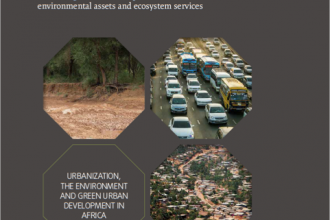Naturally Available Pollinator Decline Will Decrease Household Food Security and Increase the Gender Gap in Nutrition between Men and Women Who Head Smallholder Farm Households in Sub-Saharan Africa
This multi-country analysis studies the food security implications of natural pollinator populations in sub-Saharan Africa, where smallholder farmers rely on wild pollinators in the absence of commercial pollination services. The study specifies daily intake of energy, macro-nutrients, minerals and vitamins per household member, and identify differences in pollinator dependence in male- and female-headed households. Four key observations emerge. First, smallholder farm households produce a menu of food crops.




